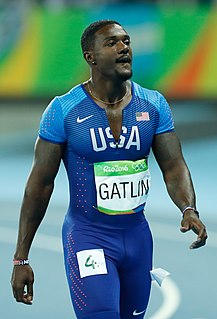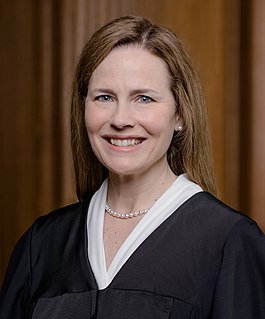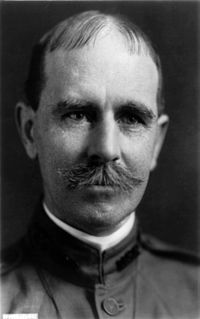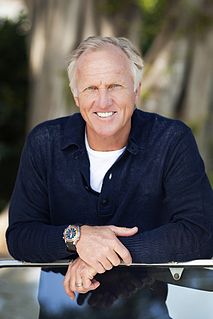A Quote by Mark McKinnon
Drone attacks subvert the rule of law - we become judge, jury, and executioner - at the push of a button.
Related Quotes
Jurors have found, again and again, and at critical moments, according to what is their sense of the rational and just. If their sense of justice has gone one way, and the case another, they have found "against the evidence," ... the English common law rests upon a bargain between the Law and the people: The jury box is where the people come into the court: The judge watches them and the people watch back. A jury is the place where the bargain is struck. The jury attends in judgment, not only upon the accused, but also upon the justice and the humanity of the Law.
Law and justice are from time to time inevitably in conflict ... . The jury ... adjusts the general rule of law to the justice to the particular case. Thus the odium of inflexible rules of law is avoided, and popular satisfaction is preserved ... That is what jury trial does. It supplies that flexibility of legal rules which is essential to justice and popular contentment.
It's a long story. Want a refill?" "No, let's start the steak. Where's the button?" "Right here." "Well, push it." "Me? You offered to cook." "Ben Caxton, I will lie here and starve before I will get up to push a button six inches from your finger" "As you wish." He pressed the button. "But don't forget who cooked dinner.


































